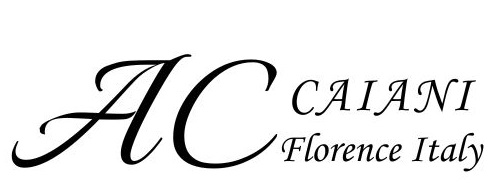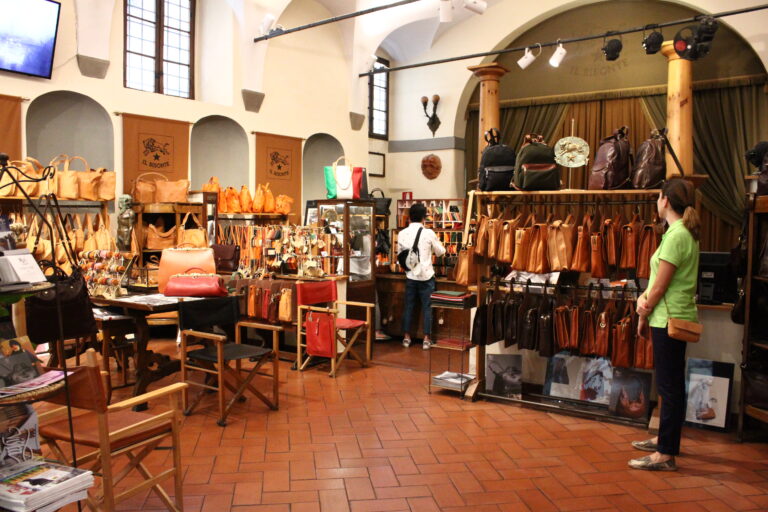👜 The Leather Artisan Tradition of Florence: Craftsmanship, Heritage, and Timeless Style
Florence is world-famous for its exquisite leather craftsmanship. This tradition, rooted in centuries of history, continues to thrive in the hands of skilled artisans who blend heritage with innovation. From medieval guilds to modern workshops, Florentine leather tells a story of artistry, quality, and enduring elegance.
🏛️ Historical Roots: Where Craft Became Culture
The legacy of leatherworking in Florence began in the 13th century, marked by the founding of the Arte dei Cuoiai—the Leather Workers’ Guild.
- This guild regulated production standards and elevated the craft to an art form.
- During the Renaissance, leather artisans flourished under the patronage of families like the Medici.
- Luxurious items such as book bindings, furniture, and accessories became symbols of status and style.
Over time, leatherwork became deeply woven into the cultural fabric of the city.
✋ The Craftsmanship: Precision in Every Stitch
Florentine leather artisans are known for their dedication to quality and detail.
- They use vegetable-tanned leather, prized for its durability and rich patina.
- Each piece is handcrafted, using techniques passed down through generations.
- From cutting to stitching, every step is performed with care and precision.
Moreover, the final touches—embossed patterns, hand-stitched seams, and intricate tooling—reflect the artisan’s passion and pride.
🧳 Iconic Leather Goods: Style That Lasts
Florence offers a wide range of leather products, each crafted to combine beauty with function.
- Bags and accessories—wallets, belts, gloves—are stylish and built to endure.
- Jackets and clothing showcase timeless designs and tailored comfort.
- Shoes, often custom-made, blend traditional methods with modern flair.
These items aren’t just purchases—they’re investments in quality and heritage.
🏘️ Leather Districts and Workshops: Where Tradition Lives
To truly experience Florentine leather, visit the city’s renowned artisan hubs.
- Around Piazza Santa Croce, workshops and boutiques invite visitors to see artisans at work.
- The San Lorenzo Market, near the basilica, offers a lively shopping experience with a wide selection of leather goods.
- At the Scuola del Cuoio, located in the Monastery of Santa Croce, guests can tour the workshop, meet the artisans, and purchase handcrafted pieces.
Each location offers a glimpse into the soul of Florence’s leather tradition.
🌱 Modern Innovations: Tradition Meets Sustainability
While honoring the past, Florentine artisans also look to the future.
- Many brands now embrace contemporary designs that appeal to modern tastes.
- There’s a growing focus on sustainable practices, including eco-friendly tanning and waste reduction.
This balance of heritage and innovation ensures the craft remains relevant and responsible.
✨ Conclusion: A Legacy You Can Wear
The leather artisan tradition of Florence is more than a craft—it’s a cultural treasure. From medieval guilds to modern ateliers, the city’s artisans continue to create pieces that are beautiful, durable, and timeless.
Whether you’re searching for a bespoke jacket, a handcrafted bag, or a meaningful souvenir, Florentine leather offers a tangible connection to the city’s soul. It’s not just fashion—it’s Florence, stitched in every seam.

